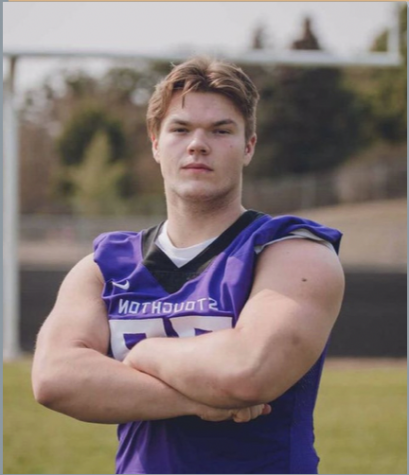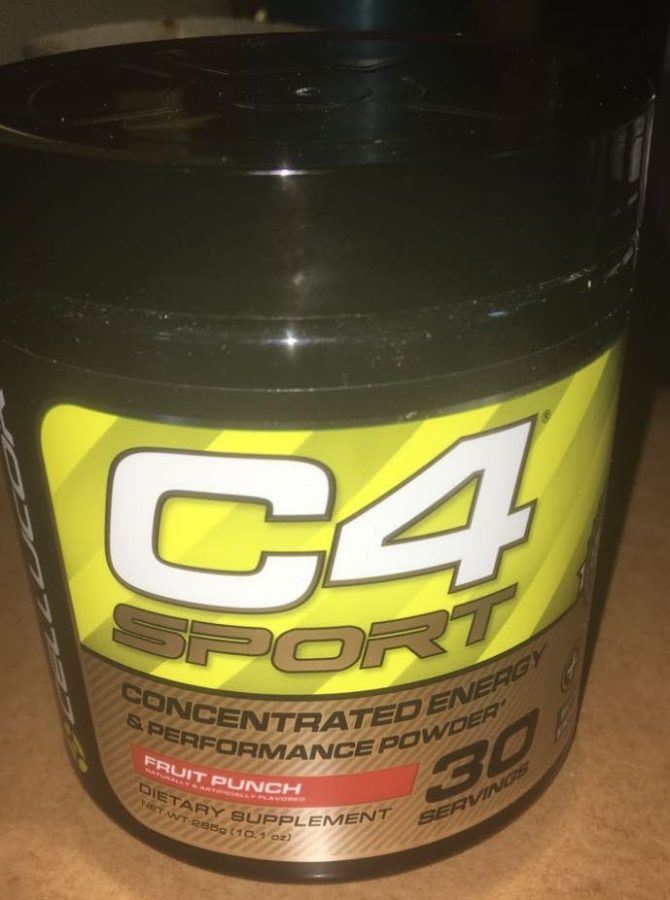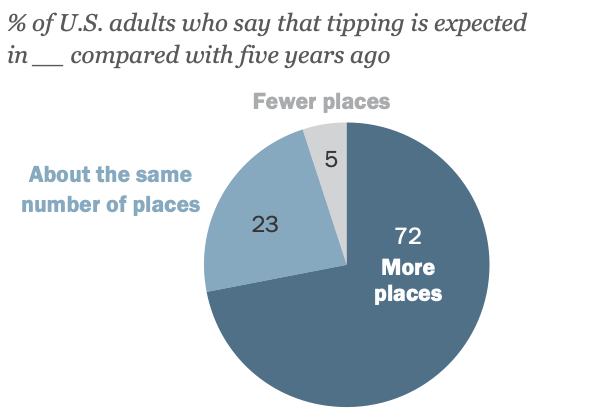Dear Athletes, Stop Abusing Pre-Workout
High school is a place where many start to discover that there is more to playing a sport than just the sport itself. Athletes start to learn the importance of the weight room, nutrition, recovery, sleep, and other variables that will benefit their performance. What this also means is that kids are introduced to usage of performance enhancing substances.
Now, I am not talking about anabolic steroids or anything banned by the WIAA. I am referring to the different recovery supplements, protein powders, pre-workouts, and other supplements used to enhance the ability to perform in the gym or in sport.
To start, while not banned by the WIAA, the policy at SHS is that if you are caught using any of these substances prior to a competition, depending on your coach’s rules, you may be forced to sit out of that competition for the day.
When I was a freshman, I would see multiple upperclassmen and even kids my own age pounding down scoops of pre-workout and energy drinks prior to competitions. Fast forward to the competition, these players would commonly succumb to cramps and fatigue and have to sit out for multiple plays.
Alongside this, these players started to depend on an extra “boost” to get through workouts, practices, and games.
So why is this the case? If taking pre-workouts or taking workout supplements are harmful, why do people use them?
The reason these substances are highly discouraged at SHS is not because they are inherently bad for you. It is due to the abundance of harmful usage and lack of proper guidance on how to use them. Most young and inexperienced users do not know how to properly utilize these substances without going overboard.
The biggest side effects of pre-workout are typically muscle cramps. The reason cramping happens is because people are not hydrating properly after using pre-workouts. The typical recommendation is that for one scoop of pre-workout, you drink eight ounces of water.
Think about it like this: let’s say you have left your car out in the middle of a snowstorm and haven’t used it in a few days. Then, after a few days, you try to start the engine. There is a good chance the car is going to freak out and have a hard time starting.
It is the same with pre-workout. With the purpose of allowing your body to push harder, pre-workout takes more energy from your body. It is important to consistently have fluids running through your body in order to keep everything running properly and moving. When you don’t properly hydrate, your muscles have nothing to work with and start to fail (hence the cramping).
Now, I am not recommending you take pre-workout by any means. What I am saying is that the stigma behind pre-workout being innately harmful is incorrect. With the lack of education regarding how to properly use pre-workout, it has become something that can be harmful in high school athletics.
The most important thing for starters is to get the basics down, develop confidence, and learn about good nutrition sources and what foods/liquids will benefit their training the most.
So when I am asked about whether or not a person should start using supplements, I will ask them how long they have been training, what their food intake looks like, and what their daily habits are. And more often than not, they have a lot of work to do with the basics first.
When it comes to proper recovery and improving performance for high school athletes, I heavily recommend a few extremely basic things.
First, keep a high protein intake, typically about 1.2 grams of protein per pound of body weight. Protein allows your body to recover and repair muscle, which is crucial with the amount of wear and tear athletes put on their bodies. Great sources of protein are chicken breast, eggs, greek yogurt, fish, and many more. Avoid all greasy/sugary foods and drinks if possible as well; these will inhibit your ability to recover and will negatively impact your performance.
Second, like I mentioned earlier, drink more water. Water is what keeps our bodies running. A safe bet for hydration is to take your body weight, cut it in half, and drink whatever that number is in ounces of water.
Third, get to sleep earlier! This is by far the most important but underutilized part of recovery. Sleep is where our brain and body are able to go into complete relaxation mode and have time to recover. Without proper sleep, your performance will go down and you are more prone to injury.
Until an athlete has these three things down and they are done consistently, they should not even consider touching a pre-workout supplement of any kind. Until you have a firm grasp of the basics, you would be doing yourself a disservice.
Take the time to ponder this question. What are you willing to do to reach your goals?
Once you have that figured out, I think you’ll find that your internal motivation is much more powerful than any pre-workout you may think you need.

Senior Gabe Rousseau is the Norse Stars sports editor. Gabe appreciates how Norse Star has allowed him to meet new people and get outside of his comfort...







